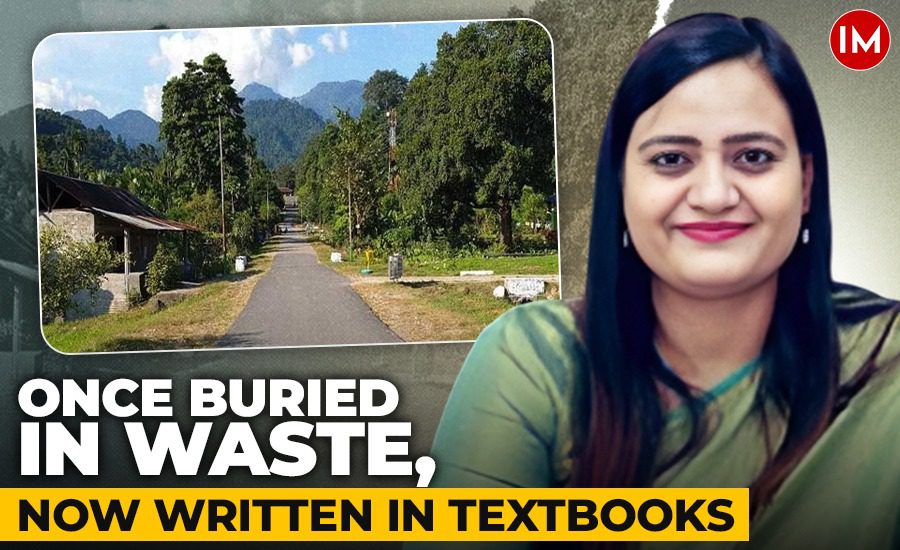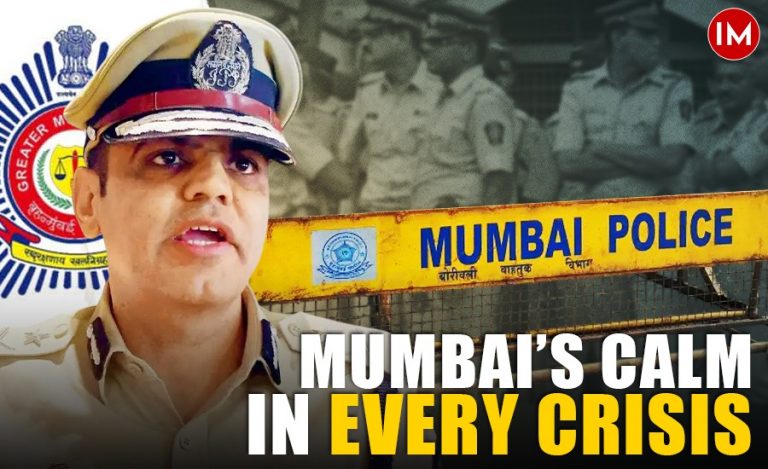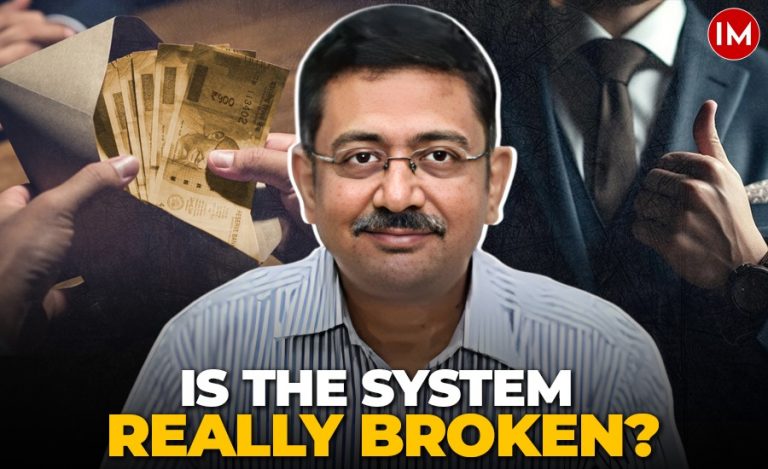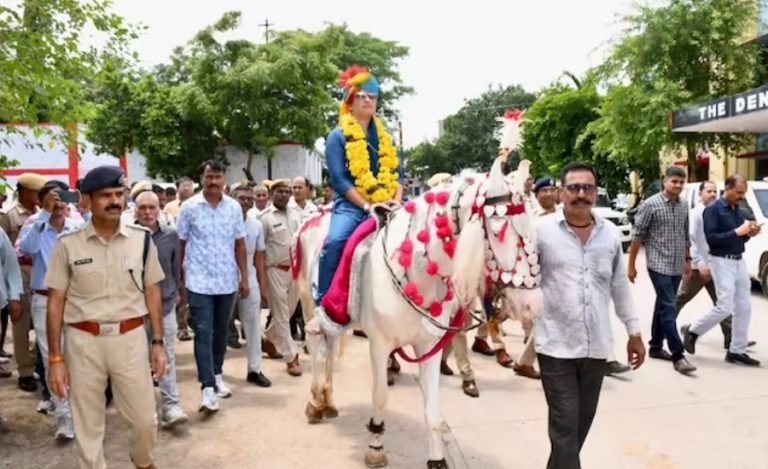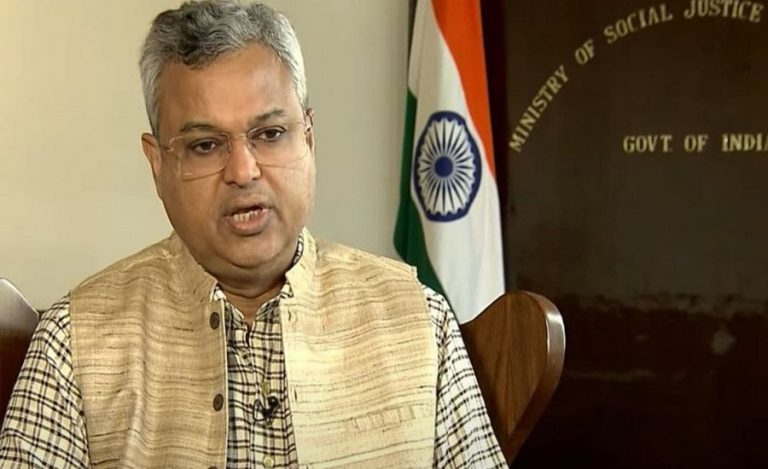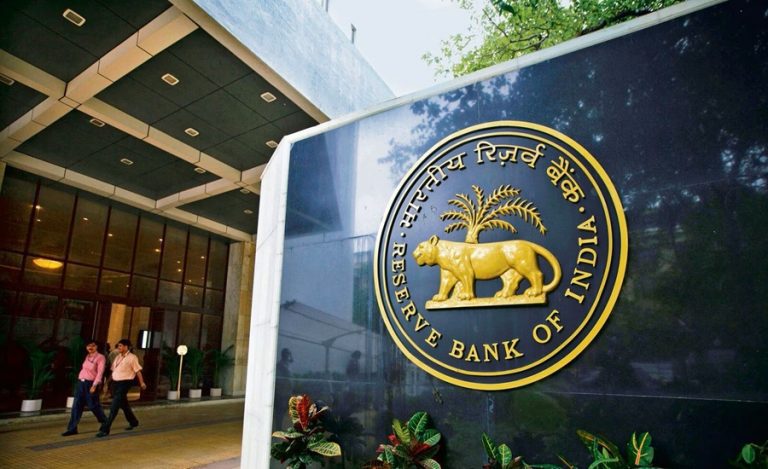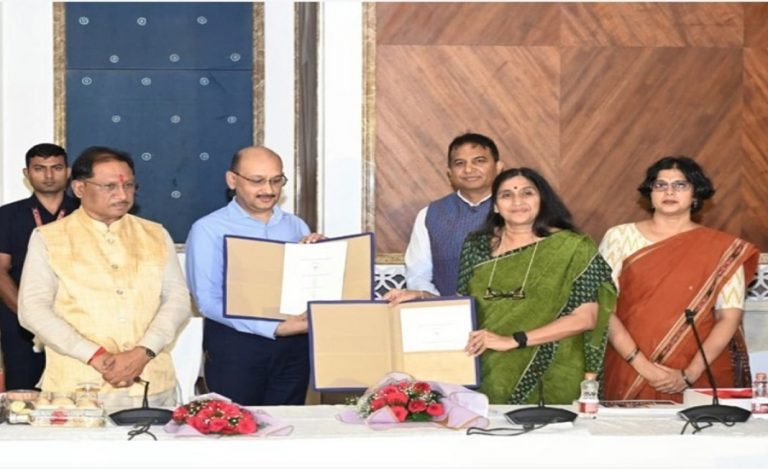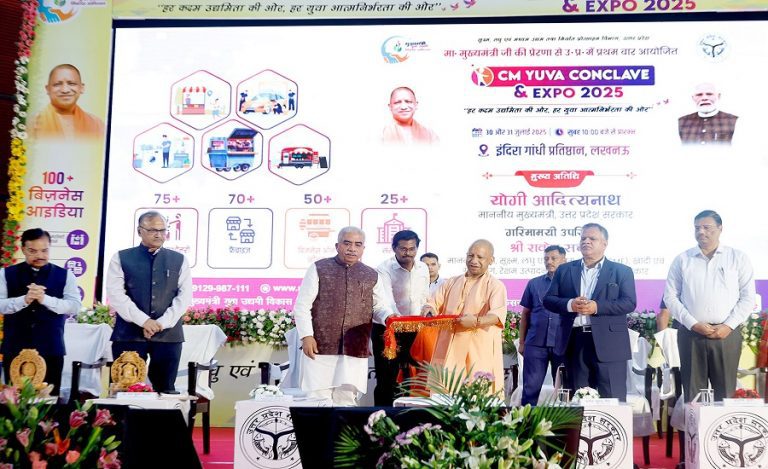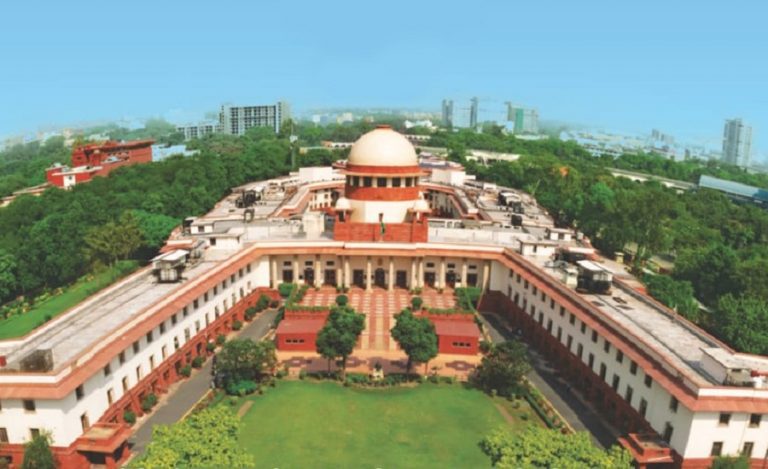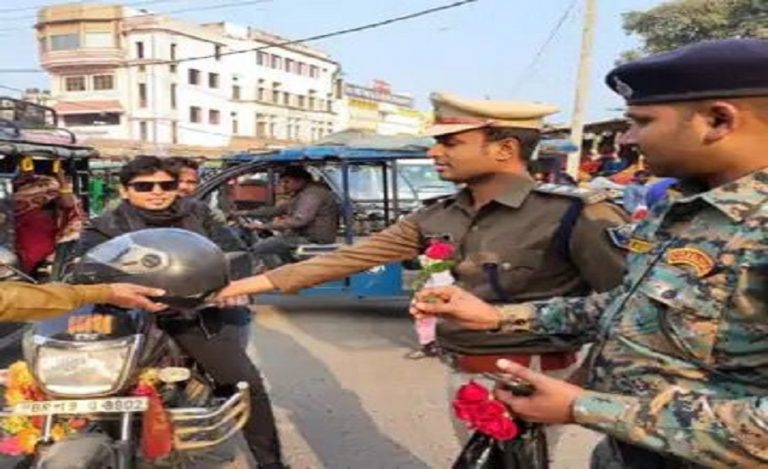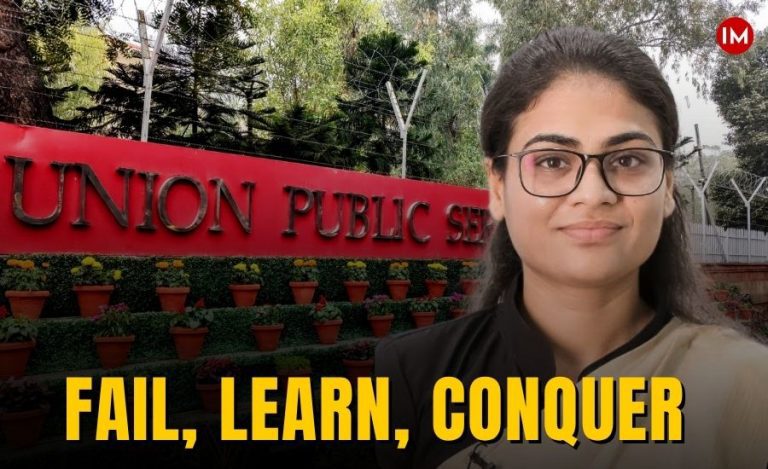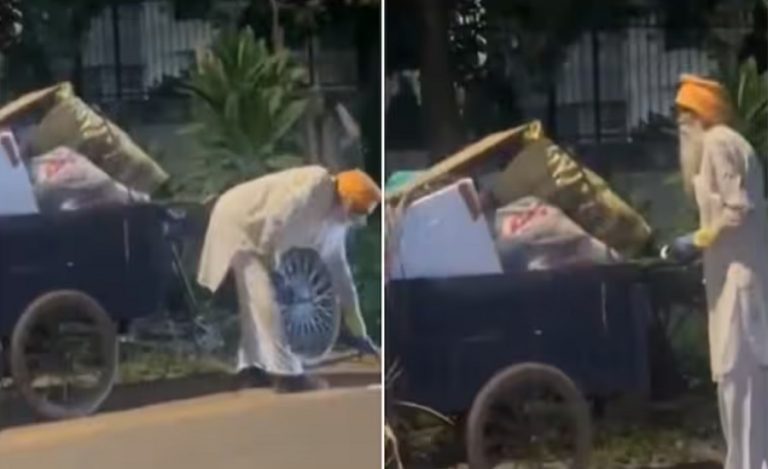In the far reaches of Arunachal Pradesh, tucked away in East Siang district, lies Silluk, a village that was once an eyesore and is now a lesson for every schoolchild in India. Once mocked as “Gobar Basti” (Poop Village) for its open cattle rearing and streets clogged with knee-deep waste, Silluk today stands proudly in the pages of the NCERT’s CBSE Class 3 Environmental Studies (EVS) textbook. Its story is now part of Chapter 12, Taking Charge of Waste, inspiring young minds to believe that real change starts at home.
THE SPARK OF A QUIET REBELLION
Silluk’s transformation did not come from a grand scheme handed down from above; it began when a young local from the Adi tribe, decided he had seen enough filth, enough disease, enough shame. In 2019, he rallied his neighbours and kicked off what would become the Swachh Silluk Abhiyan (SSA), a grassroots mission to reclaim the village’s dignity, health, and future.
What began as a few brooms and determined hearts soon swept across the village. Silluk’s streets were cleared, cattle were managed, and waste segregation became a habit, not a burden. Neighbours held each other accountable; children carried forward the message. What they cleaned was not just garbage; they cleaned up years of neglect and cynicism.
KINNY SINGH, THE OFFICER WHO LISTENED
No people’s movement truly grows without someone in power willing to listen. For Silluk, that someone was Kinny Singh, then Deputy Commissioner of East Siang. While files moved and meetings were held, Kinny Singh stepped beyond the usual circle of bureaucracy and gave Silluk’s efforts the official support they needed.
Under her watch, government departments lent a hand, funds were allocated, and the village’s transformation was not dismissed as just another publicity stunt. Her presence gave credibility to the villagers’ fight and gave them the push to dream bigger.
RECOGNITION, AWARDS, AND A GROWING DREAM
Silluk’s efforts did not stop with sweeping streets. In a few years, the village that once repelled visitors began attracting tourists. Today, it wears three State Awards with pride and holds the prestigious 11th Balipara Foundation Award… honours that tell India what’s possible when people take charge.
When 12-year-olds flip through their EVS textbooks, they now read about Silluk alongside their lessons on waste management. The once-forgotten village has become a chapter in India’s classrooms.
A CLEAN VILLAGE AND A NEW BEGINNING
Today, Silluk’s roads are clear. Children run without stumbling over filth. Cattle are cared for but no longer roam unchecked. Visitors come to see not just a clean village but a community that proved cynics wrong.
“This is not just Silluk’s success, this is Arunachal Pradesh’s moment to stand tall. A village once buried in waste now shows India the way,” Dr. Kinny Singh shared in an exclusive conversation with Indian Masterminds.
Behind the brooms and awards is the quiet but pivotal role of the determined IAS officer, whose timely intervention helped an entire village flip its story. Together, a restless villager and a listening officer sparked a clean revolution, the kind that textbooks talk about and children remember.
From “Gobar Basti” to Zero Waste Village, Silluk reminds us all: sometimes, the biggest changes begin when someone simply says, enough is enough.

